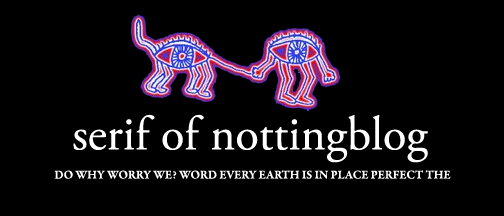Birds: the dreams and prattling of those born from an egg
Nightingales' notes (as Bechstein has beautifully recorded them) seem to me like the Mexican language, and to express variety of sentiments of adoration and love. The parrot, magpie, jackdaw, jay, starling, and bullfinch, are prattlers; and the exquisite little canary, the pupil of my friend Mrs. H------, the pet, indeed, not only of its mistress, but of statesmen and learned physiologists, warbled its words in purest melody. From Sir William Temple we learn the faculty of the wonderful parrot of Prince Maurice of Nassau, at the Hague, that responsed almost rationally to promiscuous questions. Granting, then, this faculty of memory, it is clear that the bird may dream; and I may add a quotation from the "Domestic Habits of Birds," in proof of this.
' "We have, however, heard some of these night-songs which were manifestly uttered while the bird was asleep, in the same way as we sometimes talk in our sleep, a circumstance remarked by Dryden, who says -
'The little birds in dreams their songs repeat.' We have often observed this in a wild bird. On the night of the 6th April, 1811, about ten o'clock, a dunnock (Accentor nodularis) was heard in the garden to go through its usual song more than a dozen times very faintly, but distinctly enough for the species to be recognised." The night was cold and frosty, but might it not be that the little musician was dreaming of summer and sunshine? Aristotle, indeed, proposes the question - whether animals hatched from eggs ever dream? Macgrave, in reply, expressly says that his "parrot, Laura, often rose in the night, and prattled while half asleep."' - Philosophy of Mystery.
____________________________________________________________
from the book "The Literature And Curiosities Of Dreams", by Frank Seafield


Comments